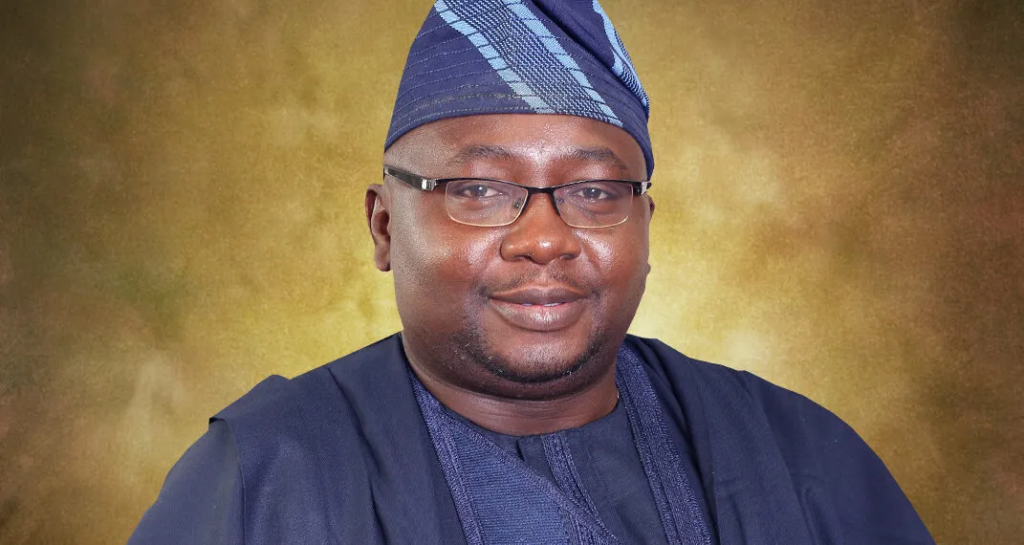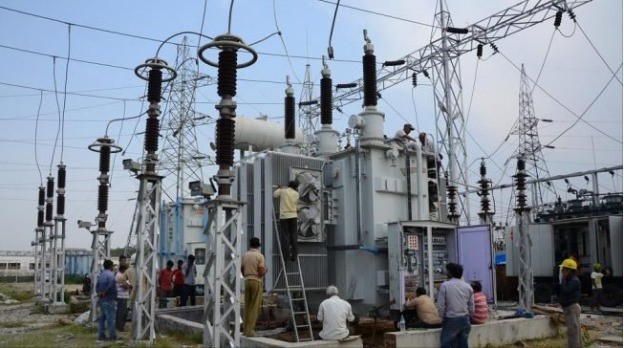Before the privatization of the power sector in Nigeria, electricity tariffs were heavily subsidized by the government, leading to inefficiencies, underinvestment, and inadequate maintenance of infrastructure due to the disparity between the cost of generating electricity and the tariffs charged to consumers.
In a bid to address the inefficiencies in the power sector, the Nigerian government initiated the privatization of the sector in 2005. This process aimed to involve private sector participation, increase investment, and improve efficiency in power generation, transmission, and distribution. However, the privatization process was slow, and significant challenges persisted in the sector.
As part of efforts to attract investment and enhance financial sustainability of the power sector, the government embarked on tariff reforms between 2013 and 2015. These reforms involved periodic adjustments to electricity tariffs to reflect the true cost of electricity generation and distribution, reduce subsidy burdens on the government, and incentivize private sector investment. However, tariff increases faced resistance from consumers and civil society groups, leading to protests and calls for affordability and transparency in tariff-setting processes.
Despite tariff adjustments and privatization efforts, the Nigerian power sector continues to face challenges such as inadequate generation capacity, poor transmission infrastructure, electricity theft, and revenue losses. These challenges have contributed to persistent electricity shortages, unreliable supply, and high operational costs for power companies.
In recent years, from 2020 to 2022, the Nigerian Electricity Regulatory Commission (NERC) approved several increases in electricity tariffs for certain categories of consumers as part of efforts to improve the financial viability of the sector.
These tariff adjustments were met with mixed reactions, with concerns raised about their potential impact on consumers, especially amid economic challenges and the COVID-19 pandemic. Further tariff adjustments were suggested and executed in line with NERC regulations and government policies aimed at addressing sectoral challenges and attracting investment.
Nigerians may soon face increased electricity bills as Minister of Power, Bayo Adelabu, suggests the removal of subsidies and the adoption of a ‘cost-reflective tariff’ system.

During a recent visit to the Olorunshogo Power Plant in Papalanto, Ogun State, and the Omotosho Power Plant in Ondo State, Minister Adelabu voiced concerns about the underutilization of government-operated power plants, which are currently operating at only 25 per cent of their capacity.
In his assessment, Adelabu highlighted the importance of promptly addressing these issues to enhance operational efficiency and increase power supply across the nation. He stressed the need for improvements in gas supply to power installations and advocated for measures to support power plants in operating at optimal capacity.
One major challenge identified by the Minister is the accumulation of significant debts owed to generation companies, mainly arising from electricity subsidies. Adelabu proposed transitioning to a cost-reflective tariff system, emphasizing that full government funding of subsidies is essential to avoid liquidity problems in the sector.
He further emphasized the interconnection of these issues, explaining that unpaid debts hinder the ability of power companies to pay gas suppliers, leading to disruptions in the gas supply chain and further exacerbating the problem.
Adelabu’s proposal to remove subsidies and adopt cost-reflective tariffs reflects a broader strategy aimed at addressing longstanding challenges in the power sector. By advocating for a more sustainable approach to tariff determination, the Minister aims to enhance operational efficiency, and ensure reliable energy supply to Nigerian consumers.
However, the proposed changes might lead to an increase in the cost of electricity for consumers. While this may pose challenges for some households and businesses, it is viewed as a necessary step towards achieving a more stable and sustainable power sector in the long run.

In response to these challenges, the government is increasing efforts to explore alternative energy sources and invest in infrastructure to improve power generation and distribution. Adelabu reassured Nigerians about the government’s commitment to addressing these issues and ensuring reliable access to electricity nationwide.
As discussions on removing electricity subsidies and implementing cost-reflective tariffs persist, it is essential for stakeholders to engage in constructive dialogue to discover equitable solutions that balance the interests of consumers, power companies, and the government.
In conclusion, while the potential increase in electricity tariffs may pose short-term challenges, it is a critical step towards establishing a more sustainable and efficient power sector in Nigeria. The government’s commitment to addressing underlying issues and improving energy infrastructure underscores its determination to provide reliable electricity supply to all Nigerians.
Sources
- https://www.ripplesnigeria.com/cost-of-electricity-may-go-up-as-minister-suggests-removal-of-subsidy-cost-reflective-tariff/#:~:text=Business-,Cost%20of%20electricity%20may%20go%20up%2C%20as%20minister%20suggests%20removal,subsidy%2C%20’cost%20reflective%20tariff’&text=Nigerians%20may%20soon%20have%20to,Minister%20of%20Power%2C%20Bayo%20Adelabu.
- https://www.arise.tv/nigerias-power-minister-adelabu-advocates-removal-of-electricity-subsidies/
- https://www.thecable.ng/adelabu-why-tinubu-stopped-electricity-tariff-increase
- https://guardian.ng/energy/between-subsidy-cost-reflective-tariff-and-service-delivery/




